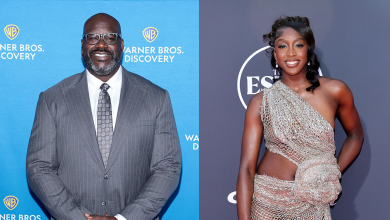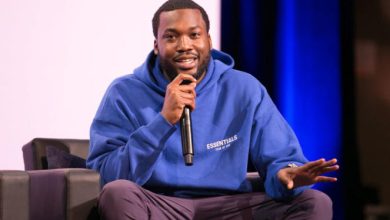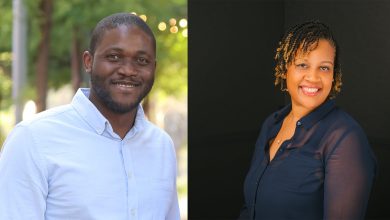NBA All-Star Jaylen Brown Opens Up About ADHD And The Wearable Tech Changing His Life
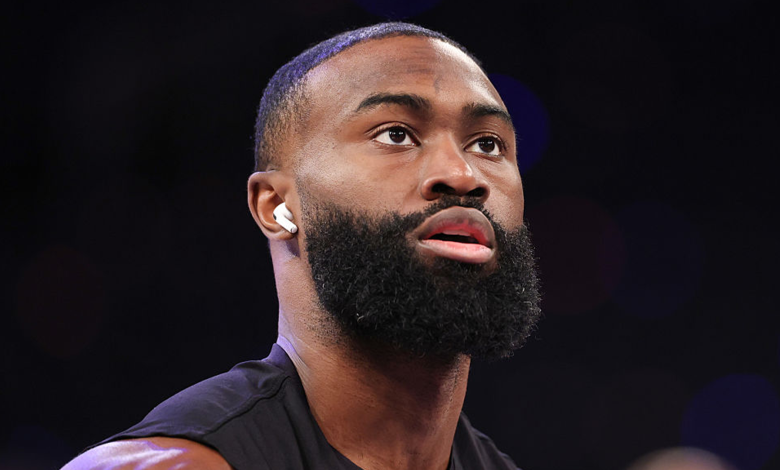
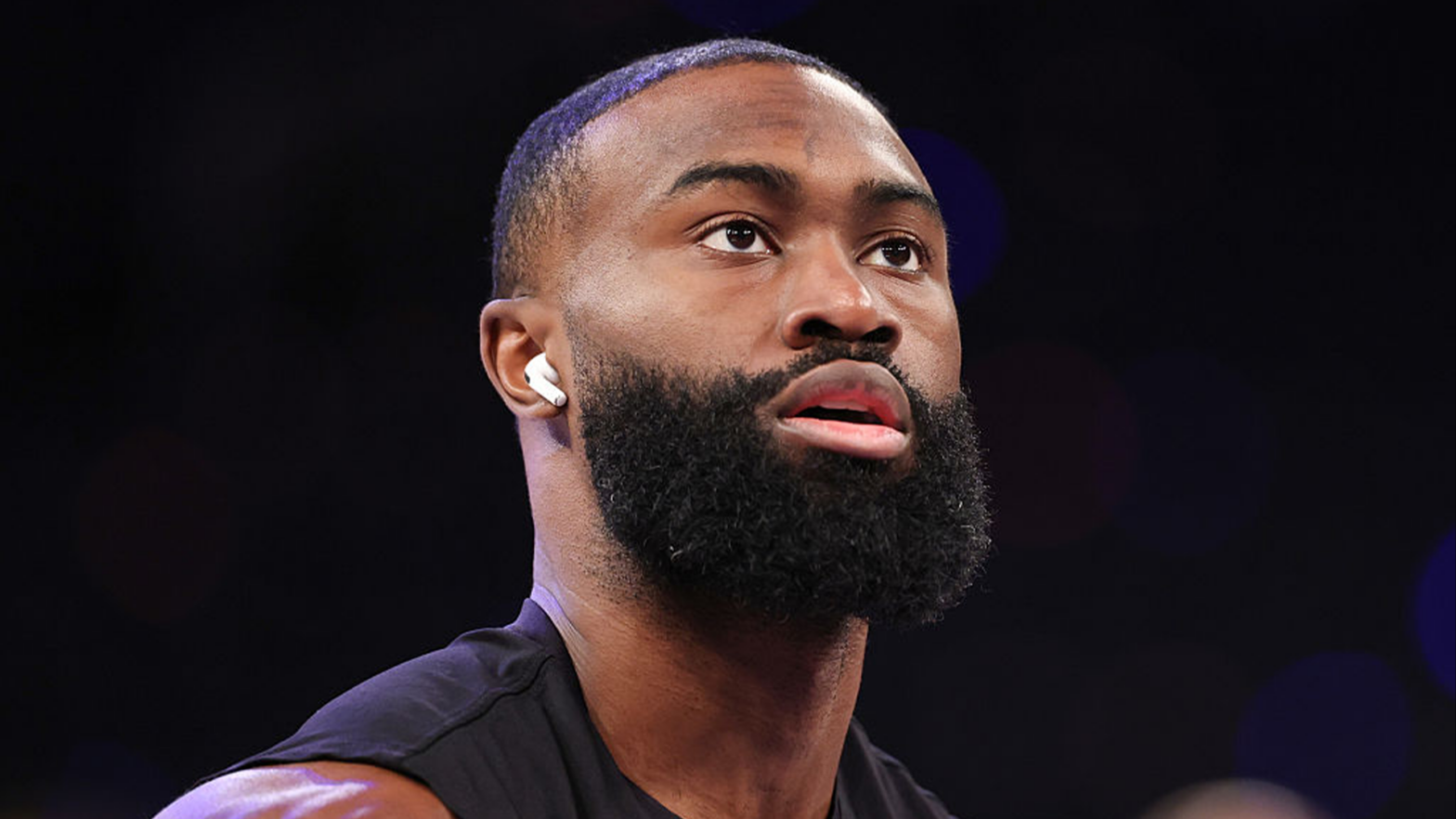
When Boston Celtics star Jaylen Brown walks onto the court, you see precision, focus, and intent. What you don’t see is the noise, the constant mental motion, the layered thoughts arriving all at once, and the lifelong challenge of navigating it all.
For the first time, the NBA All-Star and entrepreneur is pulling back the curtain on that unseen world and sharing a personal revelation: he has ADHD.
“I never even knew,” Brown told AFROTECH™ in an interview with AFROTECH™. “My mom never told me. She knew I was diagnosed but didn’t want to make it a thing. So I just figured out how to push through.”
Brown pushed through, knowing he had ADHD, into a purpose for something bigger: a movement to normalize tech-forward, non-invasive approaches to mental health, especially for Black men. At the center of that mission is Hapbee, a wearable device that utilizes patented frequency technology to deliver mental states such as Focus, Calm, or Alertness without the use of chemical stimulants. Brown, now Hapbee’s chief innovation officer, isn’t just endorsing it; he’s helping shape its future.
Rethinking The “Flaw”
Brown doesn’t see ADHD as a deficit. He’s working to flip the entire narrative.
“ADHD is often seen as a flaw,” he explained. “But I look at it as a form of non-linear thinking, something that helps challenge outdated systems and spark creativity. It’s a different way of perceiving the world. It’s evolutionary.”
That reframing isn’t just philosophical. It’s personal. Brown describes how his brain processes information as “hyper-perceptive,” allowing him to pick up on patterns that others miss. However, in traditional settings, that ability came across as a distraction or defiance. For too long, he says, young people, especially Black boys, are told to “sit still” rather than “think differently.”
“We don’t want to put all our non-linear thinkers in the same box,” he added. “They won’t fit in that box anyway.”
Why Tech Matters And Why It’s Personal For Jaylen Brown
Before Hapbee was a headline, it was a lifeline. Brown was battling sleepless nights and looking for solutions that didn’t involve pills or side effects. After learning about the potential risks of long-term sleep aids, especially after losing his grandmother to Alzheimer’s, he and his family cut out chemical sleep enhancers completely. That’s when Hapbee entered the picture.
“I started using it at night,” he told AFROTECH™. “Didn’t have to take anything. Just put it around my neck and go to sleep. I started sleeping better. And it was great.”
That personal impact led to a deeper investment in the technology. Today, Brown is helping drive innovation at Hapbee, including its recent launch of nine new “Vibes,” which are frequency-based settings designed to help people curb cravings, reduce anxiety, manage addiction, and boost performance. “I use ‘Morning Coffee’ a lot,” Brown shared. “It gives you that caffeine-like pickup without needing to chug espresso. It’s been a game-changer for my training and recovery.”
Some “Vibes,” like Vape Break and Sober State, aim to support individuals battling addiction, from middle schoolers caught up in vaping culture to adults navigating substance recovery. Originally developed as a recovery tool for military veterans with PTSD, Hapbee is now being reimagined for wider public use.
“There’s technology being created that can replicate the effects of drugs without the drugs,” Brown says. “And that changes everything.”
From STEM To Strategy
Brown’s passion for innovation isn’t a pivot from basketball; it’s always been there. He told AFROTECH™ that long before becoming an All-NBA talent, he was digging into science, technology, and neurobiology. He’s worked closely with the Massachusetts Institute of Technology (MIT) and has become a vocal advocate for expanding Black representation in STEM.
According to AFROTECH™, Brown has taken that advocacy a step further through his 7uice Foundation. The nonprofit aims to empower underserved youth of color through four core pillars: entrepreneurship and financial literacy, health and wellness, leadership and activism, and sustainability and technology.
In partnership with MIT’s Media Lab, the foundation also runs a summer Bridge Program for students in grades eight through 12. Brown personally designed its STEM curriculum, incorporating themes like synthetic biology, space exploration and artificial intelligence.
“STEM is how we solve problems,” he explained to AFROTECH™. “Science, technology, engineering, and math. It’s how we build futures and it’s how we protect our communities.”
He’s also profoundly aware of the ethical dilemmas surrounding emerging tech. AI, for example, can be both a tool and a threat.
“People are right to be skeptical,“ he said. “That’s why we need more people from our communities at the table, helping shape what this looks like from the inside out.”
The Legacy Jaylen Brown Is Building
Brown’s not just building a résumé. He’s creating a new model of what it means to be an athlete, entrepreneur, and cultural leader.
“I want to improve how we see sports and how athletes see themselves,“ he said. “It should be normal for us to control our money, own our influence, and reinvest in our communities.”
At a time when mental health conversations are growing louder but still carry stigma, especially for Black men, Brown’s vulnerability hits differently. His diagnosis doesn’t define him, but it does help explain why his voice matters so much in this moment.
“Everything in this world is made of frequency, light and vibration,“ he said. “God already put what we need on this planet to heal. We’re just finally learning how to tap into it.”
